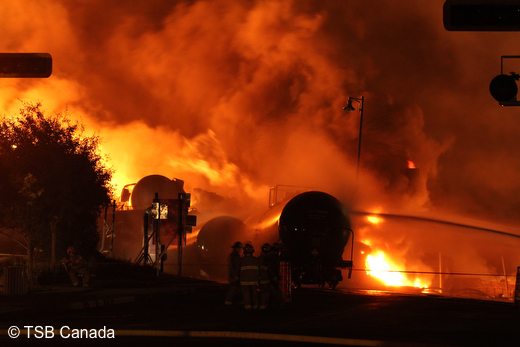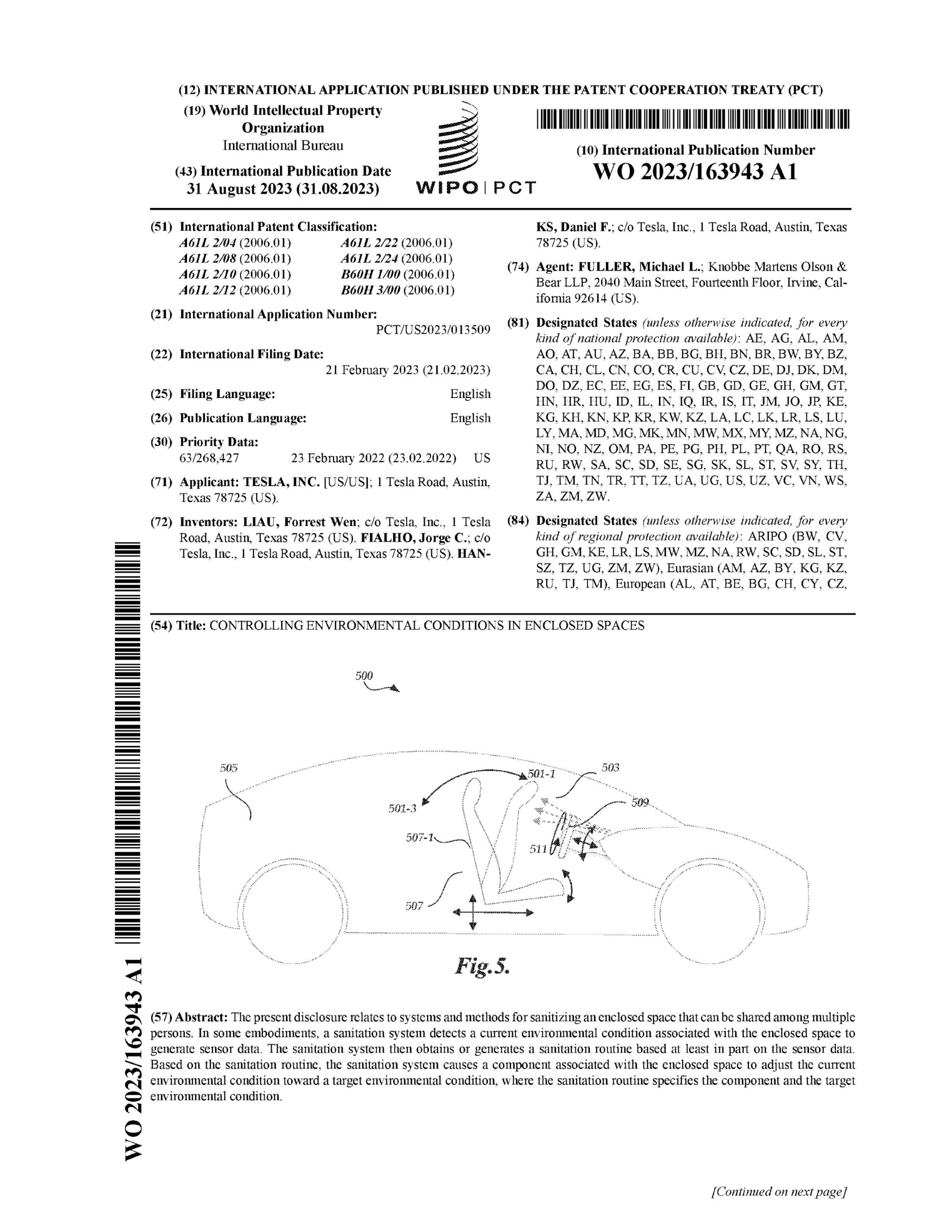
There’s a lot of oil and gas beneath the state of Utah in the area east-southeast of Salt Lake City known as the Uinta Basin. Republicans want to extract it and get it to market because — you know — the Red Team never turns down campaign cash from fossil fuels companies. It’s what they do.
And why not? A few million dollars to the right people can result in billions in profits. To most of us, that seems like corruption, but to the US Supreme Court it is just corporations exercising their constitutional right of free speech.
The problem for Utah is there are no roads or rail lines capable of getting all that oil and gas to market, so the pols in Utah came up with a plan — build a new 88-mile long railway so all that lovely oil and gas can get shipped to the nearest pipeline in tank cars. And the best part is they want Uncle Sugar to pay for it. Can you say chutzpah, boys and girls? Yeah, we knew you could.
Uinta Basin Oil Train
If the railway gets built, 350,000 barrels of oil a day will be added to the nation’s oil supply. As if that weren’t bad enough, much of the railroad will run alongside the Colorado River, which provides drinking water to more than 40 million Americans and irrigates millions of acres of farmland. A derailment, quite obviously, would be a catastrophe. The railway company says environmentalists are just a bunch of nervous Nellies who are overstating the climate impact and the risk of derailment.
“If this goes forward it will be a triumph of corporate greed,” Kristen Boyles, a managing attorney at Earthjustice told The Guardian. “The fact that we continue to have disasters like East Palestine and near misses over and over again is a regulatory failure that demonstrates the absolute power of railroad industry lobbying.”
More than a thousand trains derail every year in the US and the number of derailed cars carrying hazardous material is rising. In the past decade, the railroad industry has spent around $280 million lobbying Washington and more than $50 million on campaign contributions, according to the political finance tracker Open Secrets.
Court Puts Kibosh On Oil Train Plan
The US Court of Appeals for the District of Columbia ruled last week that a 2021 environmental impact statement and biological opinion from the federal Surface Transportation Board were rushed and violated federal laws. It sided with environmental groups and Colorado’s Eagle County, which had sued to challenge the approval.
“The governor continues to share a number of the concerns that our communities and Colorado’s recreation and tourism industry have raised with the proposal,” a spokesperson for Colorado governor Jared Polis said. Jonathan Godes, mayor of Glenwood Springs, a popular tourist destination in Colorado added, “Derailments are seen as a cost of doing business but we’ve seen the future in East Palestine and for us this would be like killing the golden goose.”
The court cited “numerous” violations of the National Environmental Policy Act in the environmental impact statement, including the the failure to:
- quantify reasonably foreseeable upstream and downstream impacts on vegetation and special-status species of increased drilling in the Uinta Basin and increased oil train traffic along the Union Pacific Line, as well as the effects of oil refining on environmental justice communities the Gulf Coast
- adequately assess wildfire risks as well as impacts on water resources downstream
- “explain the lack of available information on local accident risk” in accordance with federal law. The EIS is further called into question since the biological opinion from the US Fish & Wildlife Service failed to assess impacts on the Colorado River fishes downline,” wrote Judge Robert Wilkins
According to the Colorado Sun, the Surface Transportation Board argued it did not have jurisdiction to address or enforce mitigation of impacts outside the 88-mile rail corridor. The court ordered it to redo its environmental review of the project. However, the court did not fully agree that the STB failed to adequately consider the climate impacts of burning the new crude, which could increase pollution and account for 1% of the nation’s greenhouse gas emissions.
Nevertheless, Deeda Seed of the Center for Biological Diversity was jubilant. “This is an enormous victory for our shared climate, the Colorado River, and the communities that rely on it for clean water, abundant fish, and recreation. The Uinta Basin Railway is a dangerous, polluting boondoggle that threatens people, wildlife, and our hope for a livable planet. The Biden administration needs to dismantle this climate bomb and throw it in the trash can where it belongs.”
Senator Michael Bennet and Congressman Joe Neguse of Colorado also welcomed the ruling. “This ruling is excellent news,” they said in a joint statement. “The approval process for the Uinta Basin Railway Project has been gravely insufficient, and did not properly account for the project’s full risks to Colorado’s communities, water, and environment. A new review must account for all harmful effects of this project on our state, including potential oil spills along the Colorado River and increased wildfire risk.”
“An oil train derailment in the headwaters of the Colorado River would be catastrophic — not only to Colorado, but the 40 million Americans who rely on it,” they added. “We’re grateful for the leadership of Eagle County and the many organizations and local officials around Colorado who made their voices heard.”
Eagle County attorney Bryan Treu made reference to the deadly derailment in East Palestine, Ohio, in February. “It seems like we read every month this last year about a derailment somewhere, so there’s a lot to look at that. The circumstances have changed, and as this goes back to the Surface Transportation Board, they’re going to be looking at all those things.”

It Ain’t Over Till It’s Over

Lac-Megantic oil train fire. Image credit: Canadian Transportation Safety Board
Reuters reports that while the STB declined to comment, a spokesperson for the project, which is a public-private partnership that includes the Seven County Infrastructure Coalition, investor DHIP Group, and rail operator Rio Grande Pacific Corp, said the developers are “ready, willing, and capable of working with regulators during additional reviews.”
In other words, the fossil fuel crowd is perfectly happy to jam this ludicrously dangerous project down the throats of the government and the 40 million people who rely on the waters of the Colorado River for their drinking water and their livelihoods. Nothing must be allowed to interfere with the extraction and transportation of America’s oil and gas reserves because what’s the worst thing that could happen?
Wait, did someone say Lac-Mégantic oil train fire? Did we hear a whisper about the Exxon Valdez? Those were very rare failures. What are the odds something like them could happen again? Quite high, actually. High enough that the Colorado River should not be forced to assume the risk.
There is one ray of optimism here. The DC Court of Appeals will likely get to rule on the Mountain Valley pipeline project that Joe Manchin loves with all his heart and most everyone else loathes. If you are looking to read the tea leaves about the fate of that ill-considered project, this decision may offer a clue as to how the court will view that disaster in the making as well.
I don’t like paywalls. You don’t like paywalls. Who likes paywalls? Here at CleanTechnica, we implemented a limited paywall for a while, but it always felt wrong — and it was always tough to decide what we should put behind there. In theory, your most exclusive and best content goes behind a paywall. But then fewer people read it! We just don’t like paywalls, and so we’ve decided to ditch ours. Unfortunately, the media business is still a tough, cut-throat business with tiny margins. It’s a never-ending Olympic challenge to stay above water or even perhaps — gasp — grow. So …



